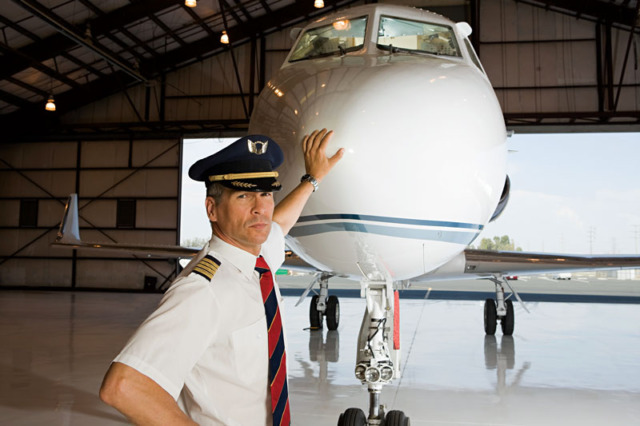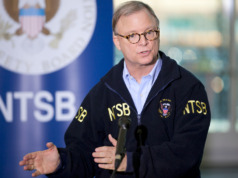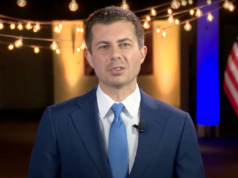
In mid-August, more than 30 aviation organizations representing millions of members signed a letter to Senate leaders pleading with them to finally pass FAA reauthorization legislation. In the face of all that harmony, one uninvited outlier was attempting to force its way onto the agenda in pursuit of its own narrow interests – even if that might mean delaying passage of the reauthorization bill.
The outlier is a small company named Flytenow, whose owners dream of making gobs of money by having private pilots use its web site to solicit paying passengers – who will then compensate the pilots for flights in his or her airplane.
We wrote about Flytenow a couple of years ago (See “Flight Here, Flytenow,” BAA Sept/Oct 2016). The company began operations in 2014 and was rolling merrily along when in 2015 it requested an FAA interpretation: was it in compliance with applicable FAA regulations? The agency’s response: Flytenow was not in compliance because private pilots cannot solicit potential passengers on the Internet. That would constitute providing “common carriage,” making the transportation providers subject to the more stringent regulations applicable to large commercial carriers. Flytenow suspended operations.
The company then dispatched its lawyers to federal court in pursuit of a ruling overturning FAA’s regulations. A three-judge panel of the U.S. Court of Appeals, citing the agency’s expertise in such matters, ruled in favor of FAA. The court also denied the company’s request for an en banc hearing.
At that stage, many appellants might decide to call it a day and move on to another enterprise … but not Flytenow. It next petitioned the U.S. Supreme Court to hear its case, a request the high court rejected in January 2017.
With its business model forcefully smacked down by both the Executive and Judicial branches of the U.S. government, what do you think Flytenow’s owners did next? They went looking for a member of Congress to save their bacon.
In April of this year, Sen. Mike Lee (R-UT) introduced S.2650, the Aviation Empowerment Act. The bill would dramatically broaden the government’s definition of “common carrier,” making it possible for private pilots to carry passengers and receive compensation.
Four months later, S.2650 has garnered little support. As of late August not one other senator had signed on as a co-sponsor of S.2650.
So why should anyone care about S.2650, you might ask? Well, as the summer wore on, concern grew that Lee might attempt to offer his bill as an amendment to the FAA reauthorization bill. If that scenario came to pass, Senate leaders might shy away from scheduling floor time for consideration of S.1405, the Senate’s FAA reauthorization bill.
The current FAA authorization legislation is due to expire Oct. 1. Getting a new bill enacted before that deadline is the top priority for the entire aviation community.
There also is near-unanimous industry agreement that permitting Part 91 private pilots – who have to meet much lower training and experience thresholds than commercial pilots – to advertise for paying passengers would result in a dramatic spike in accidents and fatalities. In 2016, Part 91 pilots were involved in 1,223 accidents and 213 fatal accidents. Part 91 operators posted an accident rate of 5.93 accidents and 0.99 fatal accidents per 100,000 flight hours.
Commercial pilots operating under Part 135 were involved in 31 total accidents and 7 fatal accidents. There were 0.89 accidents and 0.20 fatal accidents per 100,000 flight hours involving pilots flying under Part 135.
The radical re-ordering of commercial pilot safety standards contemplated in S.2650 should be overwhelmingly rejected. Instead of considering a special interest bill that would primarily benefit one company, Congress should focus on achieving timely passage of new FAA reauthorization legislation that would benefit the entire industry and enhance safety. BAA
David Collogan has covered aviation in Washington, DC for more than four decades. This award-wining journalist is known as one of the most knowledgeable, balanced, wary, and trusted journalists in the aviation community.




